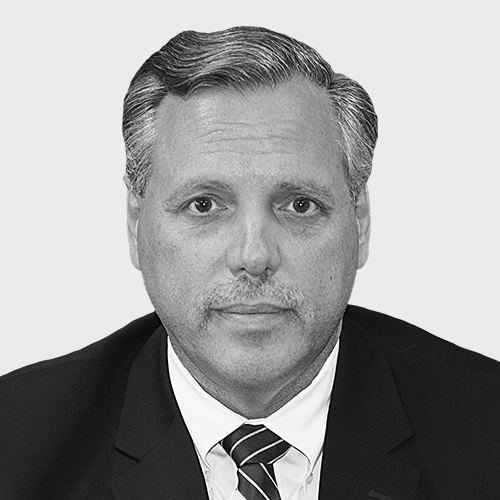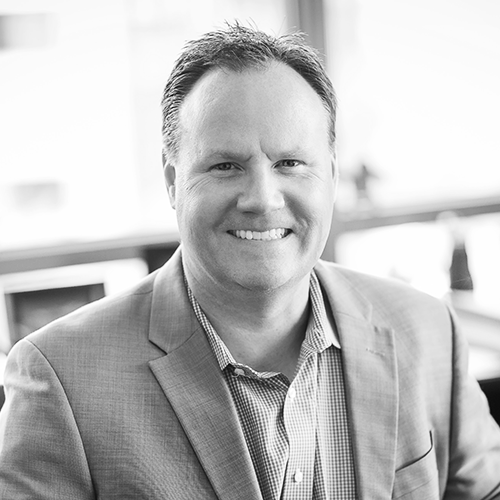Eisai’s mission is to find and develop innovative therapies to satisfy unmet medical needs. Assistant general counsel Rosa Estrella is helping the company expand its “human health care” mission reach further by helping to develop and implement its first pro bono program.
Modern Counsel: Why is setting up Eisai’s pro bono program so important to you?
Rosa Estrella: My mother made sure that we understood the value of giving our time to others in need. The legal profession sometimes suffers from a poor public perception, but I’ve learned that I can use my legal skills and expertise to show that compassion is part of the profession and an important part of what we do.
MC: Do you remember when you first realized that?
RE: When I worked at the George Washington University Law School Consumer Mediation Clinic, I worked with an elderly woman who had immigrated from Poland years before. She was living in poverty because she couldn’t prove her age to qualify for Supplemental Security Income benefits. This was before the Internet, so I spent months at the National Archives, and was finally able to verify her date of entry to the United States and indirectly prove she was well over the age to qualify. Her gratitude made a lasting impression on me.
MC: How did the pro bono initiative get started?
RE: Aside from my personal interest, part of Eisai’s mission is encouraging employees to be involved with activities that help improve the lives of patients and their families. We already have programs like Magnolia’s Meals at Home, a program that delivers free meals to breast cancer patients. So having a pro bono program seemed like a natural extension of that concept.
“I would love for us to have a signature Eisai pro bono program that can be recognized as a resource in our area for patients needing legal assistance.”
MC: Did it take off right away?
RE: Associate senior counsel Danielle Karczewski, my cofounder, and I went to Allen Waxman, who was the general counsel at the time. He was supportive and challenged us to move forward. As a first step, we surveyed the legal department to pinpoint areas of interest and concerns and networked with other in-house counsel departments to learn from their experiences. We also discovered the Pro Bono Institute, which has been invaluable for networking and providing step-by-step support for getting our program off the ground. We created a charter to formalize the program and our goals. That all went slower than I’d anticipated, but I may have been overly optimistic. That’s my nature.
MC: Have you been able to start offering the kind of programs you’d hoped for?
RE: In October 2015, we held a corporate audit “Clinic In A Box” in collaboration with the Pro Bono Institute for nonprofits in the New Jersey area. The first part of the day was dedicated to attorney training in the areas we would be auditing and then we counseled attendees on being able to document their status as nonprofit organizations.
MC: What else do you have planned?
RE: We’re looking for ways to focus more on our human health-care mission by providing pro bono services to certain patient populations. We’re working with Eisai’s public advocacy team, which already works with organizations supporting cancer and epilepsy patients, to hone in on issues that are particularly meaningful locally to those patients, like a “Wills In A Box” clinic. Longer term, our hope is to collaborate with other in-house departments and nonprofit organizations to establish a medical-legal partnership that addresses multiple health-harming issues, like housing, maintaining or obtaining insurance to cover medicines or other entitlements, wills and end-of-life planning—matters that impact patients’ quality of life. We will also explore working with existing medical-legal partnerships in other areas, like Boston, where Eisai has attorneys to collaborate with.
MC: If the program develops as you envision, what will it look like a few years down the road?
RE: I would love for us to have a signature Eisai pro bono program that can be recognized as a resource in our area for patients needing legal assistance. I also think the legal-medical partnership has real possibilities for advancing Eisai’s “human health care” mission and goal of becoming a medical-society innovator.
MC: Is your mother aware of what you’re accomplishing?
RE: In between volunteering that she still does in the Dominican Republic for her church and local orphanages, she’s very proud.
Off the Cuff
with Rosa Estrella
Modern Counsel: Which three words best describe you?
Rosa Estrella: Adaptable, receptive, persistent
MC: What do you believe that others don’t?
RE: To effectively take care of others, we have to take good care of ourselves.
MC: What is your favorite legal term?
RE: Meeting of the minds.
MC: What’s the best advice you’ve ever received?
RE: Embrace who you are, and leverage your strengths.
MC: What’s one thing few people know about you?
RE: I can be claustrophobic at times.

